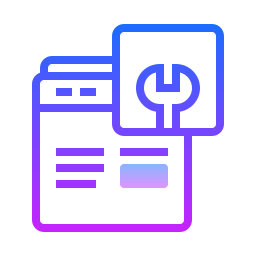Digital Personal Data Protection Act
The Digital Personal Data Protection Act (DPDPA) is a proposed law in India that aims to regulate the collection, processing, and storage of personal data of individuals. It sets out rules for the handling of personal data, promotes transparency and accountability in data processing, and empowers individuals to control their data. The bill applies to all entities that handle personal data, including businesses and government agencies, and is designed to protect the privacy of individuals.

What is DPDPA?
DPDPA stands for the Digital Personal Data Protection Act, a bill introduced in India to protect individuals’ privacy rights and freedom concerning their personal data. The bill defines various roles related to personal data processing activities, such as “Data Fiduciary”. The DPDPA aims to regulate personal digital data and provide resolution in case of any violations.
The bill requires companies to obtain explicit consent from individuals before collecting, storing, or processing their personal data. The Bill proposes an Rs. 250 crore fine for entities that violate the criteria set and a minimum fine of Rs 50 crore, and entities must delete user data if no longer useful for their intended purpose. The DPDPA is intended to facilitate the lawful processing of personal data while keeping the balance between the rights of individuals.


Similarities Between DPDPA and GDPR
Discover the similarities between GDPR and PDPB, two data privacy regulations that share a common goal of protecting individuals’ personal data.
- Data Subject Access Requests
- Personal Data Protection
- Breach Notification
- Non-technical Requirements.
How DPDPA Impacts You and Your Business
- Managing Third Party Consent Managers
- Appointment of DPO and Independent Data Auditor
- Conducting DPIAs
- Consent Management and Procurement
Why Us?

Leading Industry Experts.

Diverse International Clientele.

Integrated Legal & Cybersecurity Expertise

Trusted by Large Corporation.






